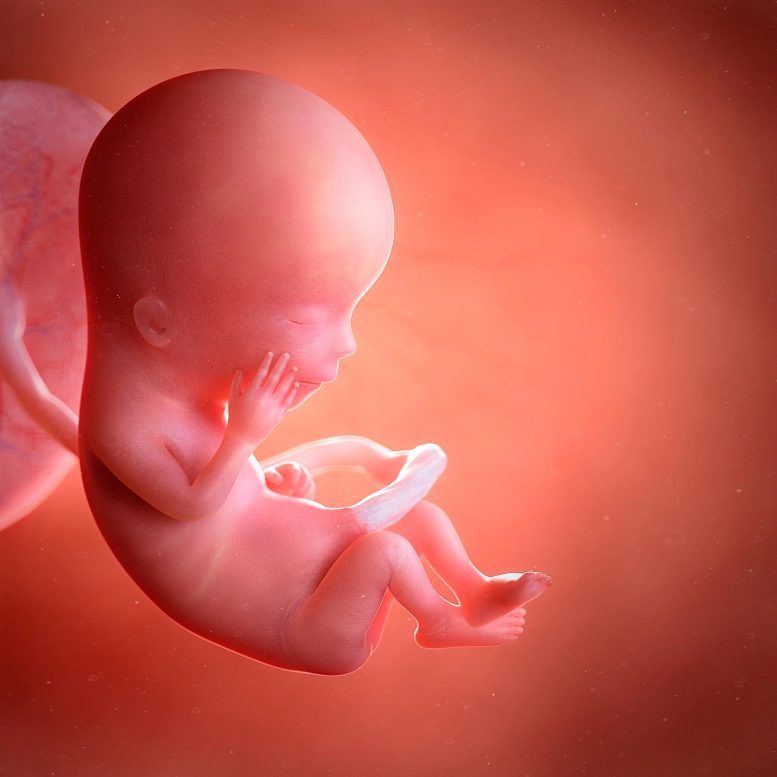
A recent study has revealed a deeper understanding of neurogenesis – the formation of neural cells from stem cells – in humans. This study could potentially link the timing of human neurogenesis to mechanisms of neurodegenerative diseases like Alzheimer’s, suggesting that abnormalities in amyloid precursor protein expression may result in a brain that functions normally at birth but is more susceptible to neurodegeneration later in life.
Researchers at the Paris Brain Institute have discovered a significant role for the amyloid precursor protein (APP) in regulating human brain development. APP, commonly associated with Alzheimer’s disease, influences the timing of neurogenesis. The absence of APP leads to rapid neuron production, suggesting a potential link between human neurogenesis timing and neurodegenerative diseases. This could point to early vulnerabilities leading to neurodegeneration later in life.
In the cerebral cortex, neurogenesis – the formation of neural cells from stem cells – begins in the fetus from 5 weeks gestation and is almost complete by 28 weeks. It is a complex process with finely tuned mechanisms.
“In humans, neurogenesis lasts particularly long compared with other species, explains Khadijeh Shabani, a post-doctoral researcher at Paris Brain Institute. Neural stem cells remain in a progenitor state for an extended period. Only later do they differentiate into glial cells, astrocytes, or oligodendrocytes that will form the architecture of the brain and spinal cord.”
Until now, researchers did not know how this balance between stem cell proliferation and differentiation into several cell types was regulated. Above all, they ignored whether the exceptionally long-time span of human neurogenesis could pave the way for vulnerabilities specific to our species, such as neurodegenerative diseases. To better understand how our brains are shaped during this crucial period, researchers from the “Brain Development” team led by Bassem Hassan at Paris Brain Institute investigated.
APP, conductor of neuronal production
“We were interested in the amyloid precursor protein, or APP, which is highly expressed throughout the development of the nervous system, Hassan says. It is an exciting research target as its fragmentation produces the famous amyloid peptides, whose toxic aggregation is associated with neuronal death observed in Alzheimer’s disease. We, therefore, suspect that APP may play a central role in the early stages of the disease.”
In many species, APP is involved in various biological processes, such as repairing cerebral lesions, orchestrating cellular response after oxygen deprivation, or controlling brain plasticity. It is highly expressed during the differentiation and migration of cortical neurons, suggesting an essential role in neurogenesis. But what about humans?
To track APP expression during human brain development, the researchers used cell sequencing data obtained from the fetus at ten weeks and then 18 weeks gestation. They observed that the protein was first expressed in 6 cell types, then, a few weeks later, in no less than 16 cell types. They then used the CRISPR-Cas9 genetic scissors technique to produce neural stem cells in which APP was not expressed. They then compared these genetically modified cells with cells obtained in vivo.
“This comparison provided us with valuable data, Shabani explains. We observed that in the absence of APP, neural stem cells produced many more neurons, more rapidly, and were less inclined to proliferate in the progenitor cell state.” Specifically, the team showed that APP was involved in two fined-tuned genetic mechanisms: on the one hand, canonical WNT signaling, which controls stem cell proliferation, and AP-1 activation, which triggers the production of new neurons. By acting on these two levers, APP is able to regulate the timing of neurogenesis.
Human neurogenesis, all too human
While the loss of APP strongly accelerates brain neurogenesis in humans, this is not the case in rodents. “In mouse models, neurogenesis is already very fast – too fast for APP deprivation to accelerate it further. We can imagine that the regulatory role of this protein is negligible in mice, while it is essential in the neurodevelopment of our species: to acquire its final form, our brain needs to generate huge quantities of neurons over a very long period, and according to a definite plan. APP-related abnormalities could cause premature neurogenesis and significant cellular stress, the consequences of which would be observable later, suggests Hassan. Moreover, the brain regions in which early signs of Alzheimer’s disease appear also take the longest to mature during childhood and adolescence.”
What if the timing of human neurogenesis was directly linked to the mechanisms of neurodegeneration? Although neurodegenerative diseases are generally diagnosed between the ages of 40 and 60, researchers believe that clinical signs appear several decades after the onset of decline in certain neuronal connections. This loss of connectivity may itself reflect anomalies at a molecular scale present from childhood or even earlier.
Further studies will be needed to confirm that APP plays a central role in the neurodevelopmental disruptions that pave the way for Alzheimer’s disease. In which case, we could consider that “these disturbances lead to the formation of a brain that functions normally at birth but is particularly vulnerable to certain biological events – such as inflammation, excitotoxicity or somatic mutations – and certain environmental factors such as a poor diet, lack of sleep, infections, etc., adds the researcher. Over time, these different stresses could lead to neurodegeneration – a phenomenon specific to the human species and made particularly visible by the increase in life expectancy.”
Reference: “The temporal balance between self-renewal and differentiation of human neural stem cells requires the amyloid precursor protein” by Khadijeh Shabani, Julien Pigeon, Marwan Benaissa Touil Zariouh, Tengyuan Liu, Azadeh Saffarian, Jun Komatsu, Elise Liu, Natasha Danda, Mathilde Becmeur-Lefebvre, Ridha Limame, Delphine Bohl, Carlos Parras and Bassem A. Hassan, 16 June 2023, Science Advances.
DOI: 10.1126/sciadv.add5002

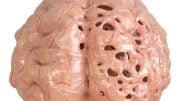
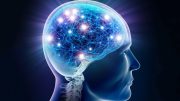
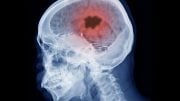
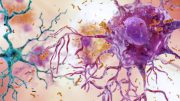
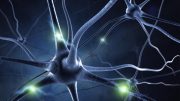
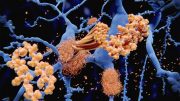
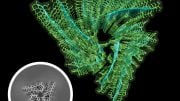
No disease is caused by big pharma, big food, big med, the FDA and the u.s. government
The u.s. government is the most corrupt blood thirsty wretched government that ever existed. I feel sorry for Americans. Big pharma, big food, big med, the FDA, the u.s. government experiment on and keep Americans sick with the poisoned food, the poison pharmaceuticals, the diseases they always put out, the poison over the counter meds, the poisoned water, the poisoned air. The u.s. has the highest percentage of people on pharmaceuticals, the highest percentage of people with brain degenerative diseases, the highest percentage of people with heart disease, the highest percentage of people with auto immune diseases, the highest percentage of obese people, the highest percentage of people with cancers and because of all the poisons Americans consume( the western diet, pharmaceuticals, over the counter meds, the poisoned water, the poisoned food, the poisoned air) and it’s all because big pharma, big food, big med, the FDA, the u.s. government want to keep people sick and dying so they can make their trillions. Big pharma, big food, big med, the FDA, the u.s. government all work together to keep people sick and dying for money. People need to open their eyes or we’ll always be in a rabbit hole of death, sickness and disease especially in the United States. Nature will heal you. Eat raw whole organic foods and never take or eat synthetic poison